Cage fish farming in Hon Chuoi area, Ca Mau province.
At the recent seminar with the theme "Developing the marine economy - a driving force for sustainable development in the Mekong Delta", Prof. Dr. Nguyen Thanh Phuong, Secretary of the Party Committee, Chairman of the University Council of Can Tho University, emphasized: Our Party and State have had very clear strategic orientations on marine economic development, which are expressed in Resolution No. 36-NQ/TW dated October 22, 2018 of the Central Executive Committee on the strategy for sustainable development of Vietnam's marine economy to 2030, with a vision to 2045. This Resolution identifies "Striving to make Vietnam a strong maritime nation, with sustainable development, prosperity, security and safety at sea". Resolution No. 13-NQ/TW dated April 2, 2022 of the Politburo on the direction of socio-economic development, ensuring national defense and security in the Mekong Delta region until 2030, with a vision to 2045, continues to affirm the key role of the marine economy in the development of the whole region. Today's discussion is a place to connect intellectuals, managers and businesses, to come up with specific proposals, turn vision into action, and turn potential into real development momentum.
The Mekong Delta is the largest seafood production center in the country, both in scale and value. Mr. Tran Dinh Luan, Director of the Department of Fisheries and Fisheries Control, Ministry of Agriculture and Environment , said: The Mekong Delta is representative of the Vietnamese seafood industry in both the exploitation and aquaculture sectors. As of May 2025, the number of fishing vessels registered nationwide, fully updated on the national fisheries database (VNFishbase), is 82,175 fishing vessels. Of which, the Mekong Delta accounts for nearly 28% of the total number of vessels nationwide. The seafood output from exploitation in the Mekong Delta accounts for about 35% of the total output of 3.4-3.6 million tons/year of the whole country. In addition, marine farming activities in the region have also developed strongly in recent years and gradually applied high technology to objects such as sea bass, cobia, mollusks (clams, oysters), especially seaweed... Along with aquaculture and seafood exploitation activities, coastal locations such as Phu Quoc, Ha Tien, Ca Mau... are attracting tens of millions of tourists each year; offshore wind power projects, renewable energy, seaports and logistics services are taking shape, opening up new development prospects...
In addition to the achievements, the development of the marine economy in the Mekong Delta faces many difficulties and challenges. Aquatic resources are showing signs of decline, especially in coastal waters, leading to a downward trend in productivity. The EU has issued a "yellow card" warning for IUU since 2017 (fishing vessels violating foreign waters; fleet management and supervision; product traceability...). The marine aquaculture industry still faces many difficulties due to weak farming infrastructure, lack of sustainable planning, risks of coastal water pollution, large investments... For the tourism and marine services industry, currently, the region's tourism products are not rich. Effective tourism promotion, cooperation and association activities are not yet synchronized and the progress of detailed tourism planning is slow...
At the seminar, many opinions said that the Mekong Delta needs a long-term strategy and the support of many forces from ministries, branches, localities, and the business community to develop the marine economy in the Mekong Delta in a synchronous, effective, responsible, and sustainable manner. According to Associate Professor, Dr. Ha Thi Ngoc Oanh, Head of the VALOMA Inspection Board (Vietnam Logistics Human Resources Development Association), the strength of the Mekong Delta is that it is receiving great attention from the Government and ministries. With 734km of coastline, the region has conditions to develop inland waterway and sea transport. On the other hand, the Mekong Delta is also a center for agricultural and food production; potential for developing renewable energy industry; tourism and other service industries...
To exploit the above potentials, Associate Professor Dr. Ha Thi Ngoc Oanh proposed 4 groups of solutions, first, mobilizing all resources for connecting infrastructure (central budget, local budget, socialization, calling for ODA...). Second, promoting digital transformation in logistics; training human resources to meet the requirements of developing the marine economy of the Mekong Delta. Third, building a complete transport infrastructure system by paying special attention to road traffic; selecting to develop seaports with good logistics participation capacity. Fourth, proposing solutions for the logistics system to meet international connectivity requirements (focusing resources on Tran De port, Can Tho port, completing logistics centers...).
Regarding the strengths of aquaculture and fisheries exploitation, Mr. Tran Dinh Luan proposed: Regarding fisheries exploitation, focus on developing effective and sustainable offshore fisheries exploitation on the basis of gradually reducing exploitation intensity to ensure conformity with the reserves of aquatic resources; reorganize offshore and coastal fisheries exploitation activities and rationally exploit inland fisheries, linking the development of fishermen's livelihoods with the development of aquaculture, ecotourism, and recreational fisheries. At the same time, comply with the rules of responsible fishing conduct, combat IUU fishing; apply advanced science and technology, mechanize, modernize fishing vessels, minimize post-harvest losses by 2030 to less than 10%; modernize fisheries management at sea to proactively warn and promptly respond to incidents and risks of natural disasters at sea...
Regarding marine aquaculture, Mr. Tran Dinh Luan proposed focusing on developing effective farming of key subjects and species with economic value, associated with protecting the ecological environment, and proactively adapting to climate change. Developing marine aquaculture into a commodity production sector, encouraging the development of industrial-scale aquaculture in open sea areas; creating large volumes of products for export processing and domestic consumption. Encouraging the development of aquaculture models applying new and advanced technologies, reducing production costs, being environmentally friendly, adapting to climate change; organic and ecological farming models, applying GAP standards to increase value and sustainable development.
Article and photos: MY THANH
Source: https://baocantho.com.vn/khoi-dong-luc-phat-trien-kinh-te-bien-vung-bscl-a188297.html


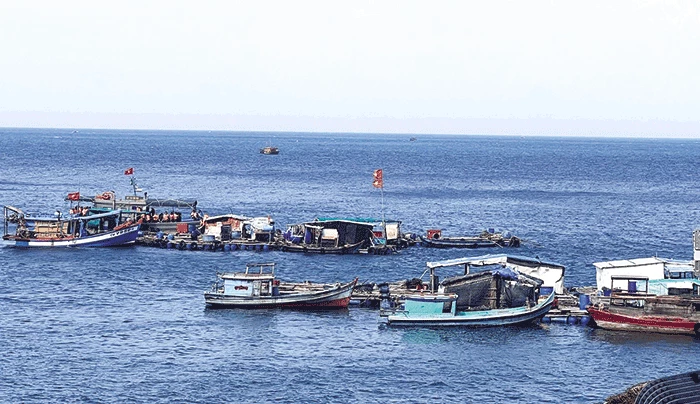


![[Photo] Opening of the 14th Conference of the 13th Party Central Committee](https://vphoto.vietnam.vn/thumb/1200x675/vietnam/resource/IMAGE/2025/11/05/1762310995216_a5-bnd-5742-5255-jpg.webp)



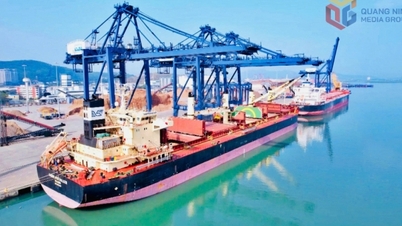

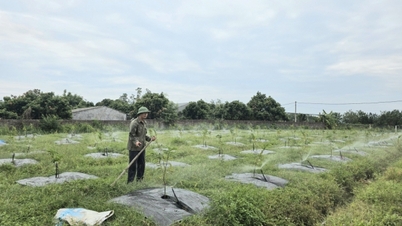


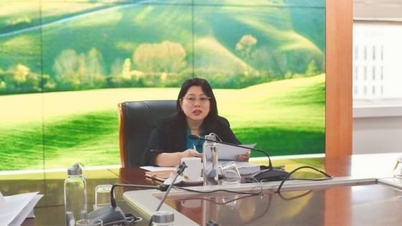


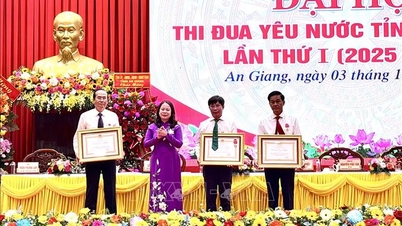

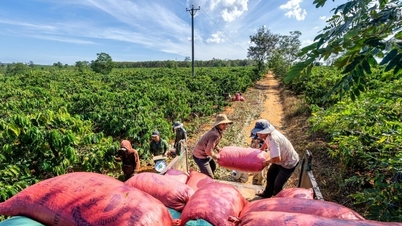

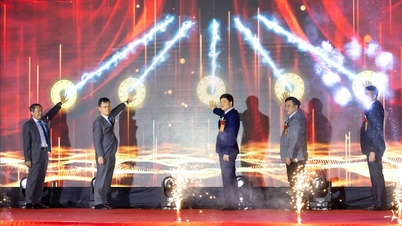

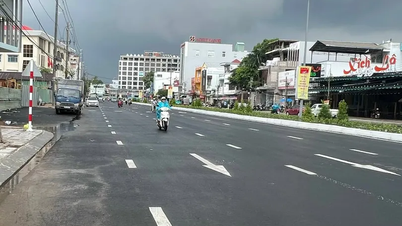
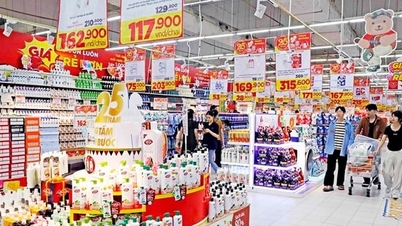

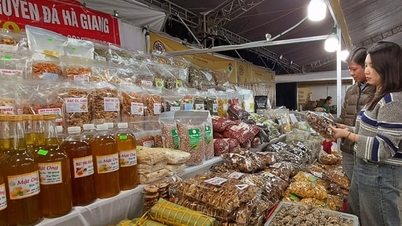






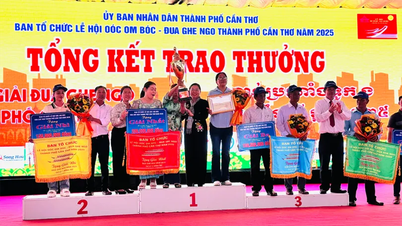
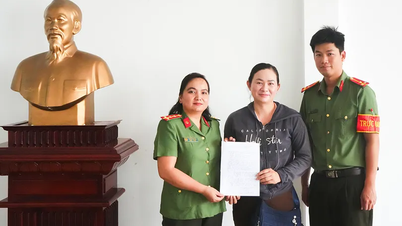
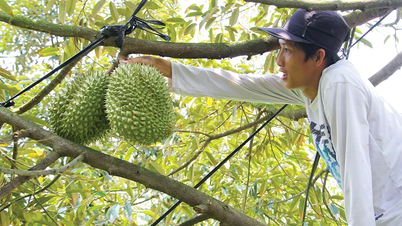




![[Photo] Panorama of the Patriotic Emulation Congress of Nhan Dan Newspaper for the period 2025-2030](https://vphoto.vietnam.vn/thumb/1200x675/vietnam/resource/IMAGE/2025/11/04/1762252775462_ndo_br_dhthiduayeuncbaond-6125-jpg.webp)




































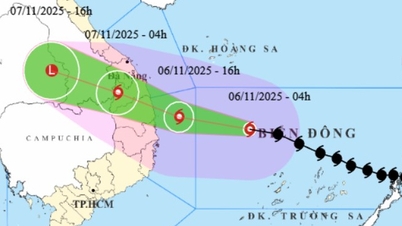


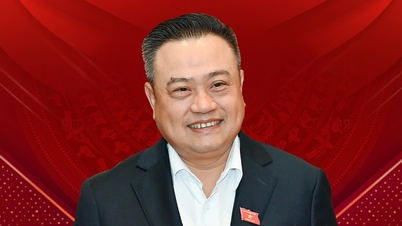

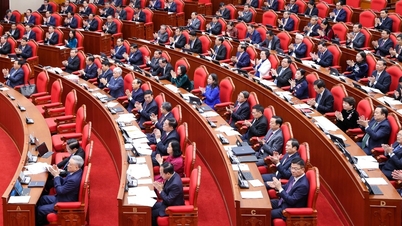
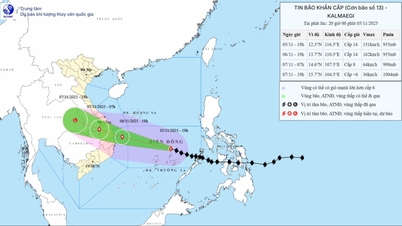









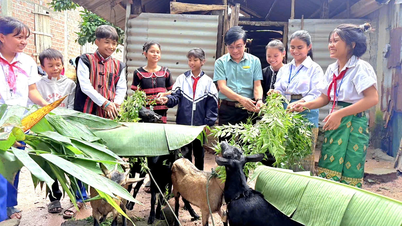

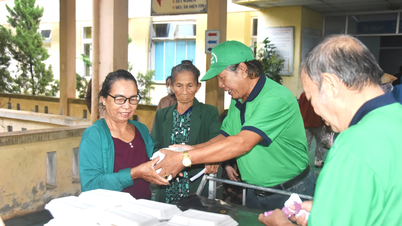

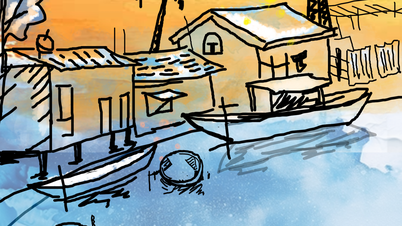

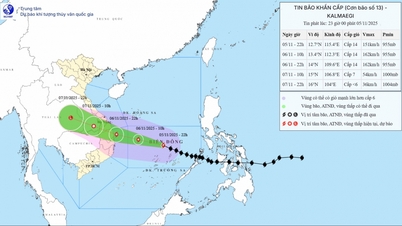















Comment (0)